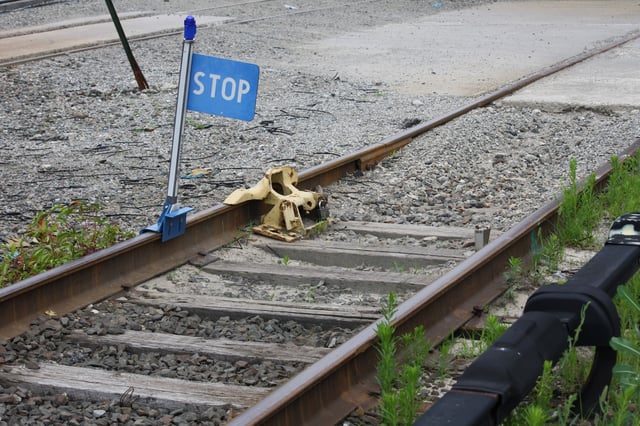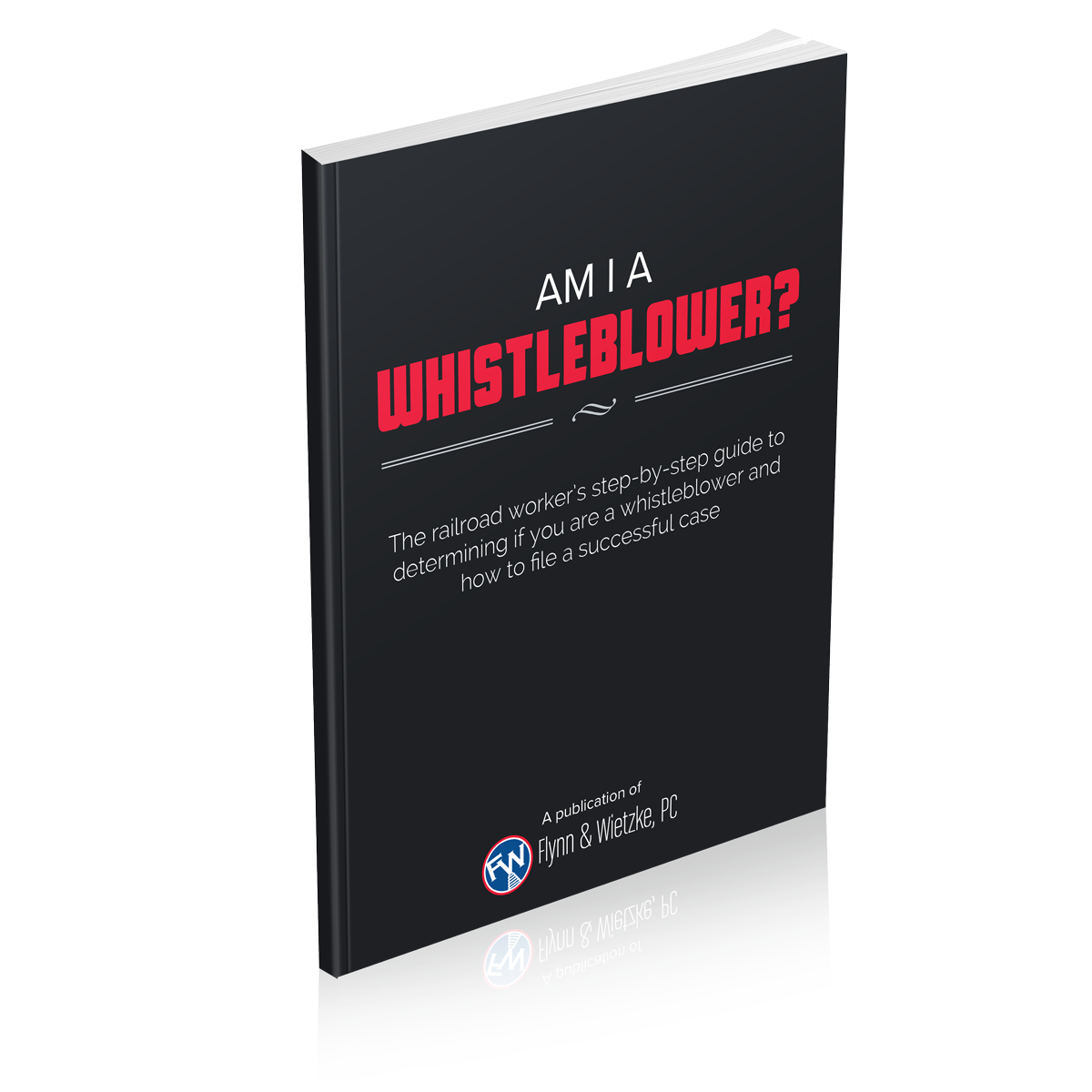
Heavy machinery, chemical exposure, high voltage and 150-ton speeding locomotives, those are the obvious dangers on the railroad.
When workers report their injuries or safety concerns, sometimes the railroad retaliates. A letter of reprimand, an order to keep quiet about an injury, or even harassment, are all known tactics workers face.
Under the Whistleblower amendments to the FRSA, workers have a right to sue their employer for any kind of retribution they incur, no matter how minor. But the law only allows you 180 days to file a claim with the Department of Labor.

You were hurt on the job, and told that if you report it, it would be used against you for a promotional opportunity. That makes you a whistleblower.
Being a whistleblower doesn’t have to mean blowing the cover off a whole industry, sometimes it’s just knowing your rights to a safe work environment and holding the job accountable to provide that safety.
And when workers stand up to the railroad, juries make the railroad pay.


Railroad lawyer Marc Wietzke focuses on FELA injury and whistleblower law for railroad workers injured or punished on the job.
ATTORNEY ADVERTISING - Prior results don’t guarantee a similar outcome in your claim. This website and blog are for informational purposes and do not constitute legal advice, since only after knowing the details of your claim can any advice be provided. Please understand that particular laws vary by state. You must speak directly with an attorney about your situation to determine what laws apply.
PRIVACY POLICY - As a law firm, we do not share any information received from any contact without that contact's specific permission.